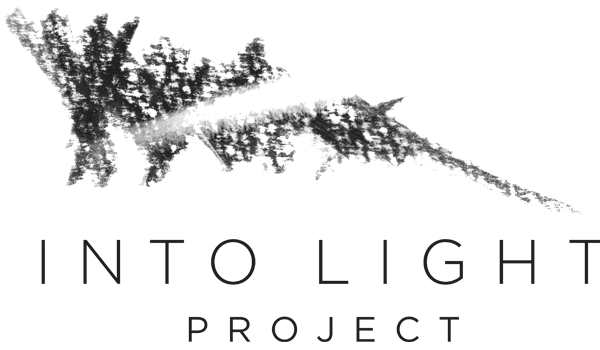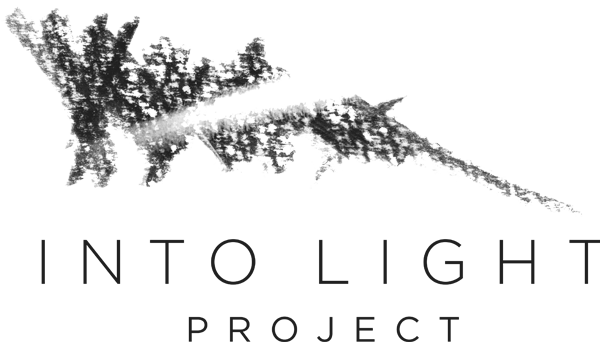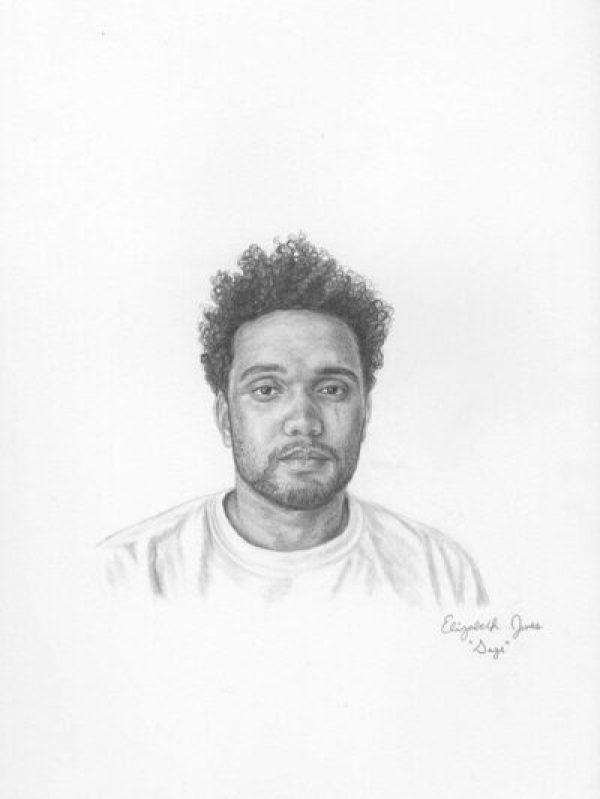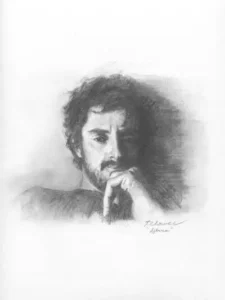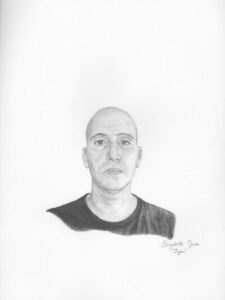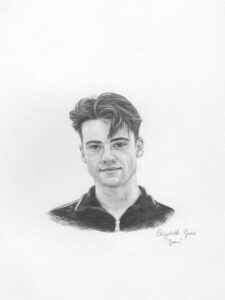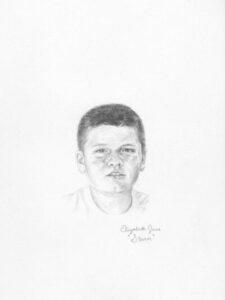Heart-centered, generous, seeker, loyal, suffering
As a kid, Sage was outgoing, joyful, charismatic, and very verbal. People were drawn to him. He expressed interest in people and always helped them to be their best. “He was a pure soul,” his mom, Robin, said. “And gorgeous.”
Sage was a self-taught photographer, videographer, and video editor. He made music videos for his friends and was into the hip-hop scene. After high school, he fulfilled his dream to design streetwear and started a line called Blame LA with his friends. Sage was a natural athlete, a star. He was considered for a college baseball scholarship but preferred to follow his interests directly, rather than go to college and learn from books.
Sage was an only child and close to his parents. The family had fun vacations together, visiting extended family and going to Washington D.C., Alaska, Hawaii, and Jamaica. In school, he was part of the Sports Education Leadership Foundation, which provided opportunities for Sage to travel to Bangladesh to help young athletes develop their skills and to Zimbabwe to build a basketball court and teach basketball and soccer skills. He came home with an empty suitcase, as he gifted what he owned to those he met.
Sage was private about his adoption, at four days old, yet it was a defining aspect of how he viewed the world, as was his mixed race. Having a white mother and black father, both biologically and in his adoptive parents, he felt conflicted about having whiteness in his identity and didn’t want to stand out. Having mixed-race friends helped him manage his feelings. His friendships were profound and important to him; loyalty to each other was a big theme in his relationships. Sage routinely invited people to stay with him and his family. One “temporary” guest ended up staying for three years and was a supportive friend to Sage.
“Sage did well until the pain and shame of addiction took over,” his mom stated. “He lost faith in himself and his ability to succeed.” It was surgery for appendicitis and resulting complications that started the addiction. He was given morphine for the pain and later began self-medicating for anxiety. He lost his confidence and zeal for his dreams. Sage was a natural helper and longed to be of service to people. He was exploring becoming a therapist, but in active addiction, he couldn’t focus enough to enroll.
Sage’s mother, a social worker, said the hardest thing for her was watching him decompensate – losing his ability to maintain psychological defenses – and then return, again and again. She explained, “I felt I was on the line of a great battle in our society that’s defined by mental illness, race, addiction, and politics. Our health system is woefully inadequate. Sage died while the system was failing him.” Robin added, “I have nothing but compassion for all affected by this disease, I have no judgment at all.” Since Sage died, she said, ”he has become my teacher. I know he is okay. He has given me much faith and comfort.”
Robin and Sage’s dad, Stryder, held Sage’s 25th birthday at the ball field that overlooks the city where he played little league. They loaded the bases, sang happy birthday, and released balloons. His mom said, “I love to go up there and think about him where we had so many happy times. I like to see other families enjoying the space and making memories.”
Sage’s mother, Robin Roberts, provided the information for this narrative.
June 25, 1995-January 12, 2020
Age 24–Lived with the disease of addiction for six years.
